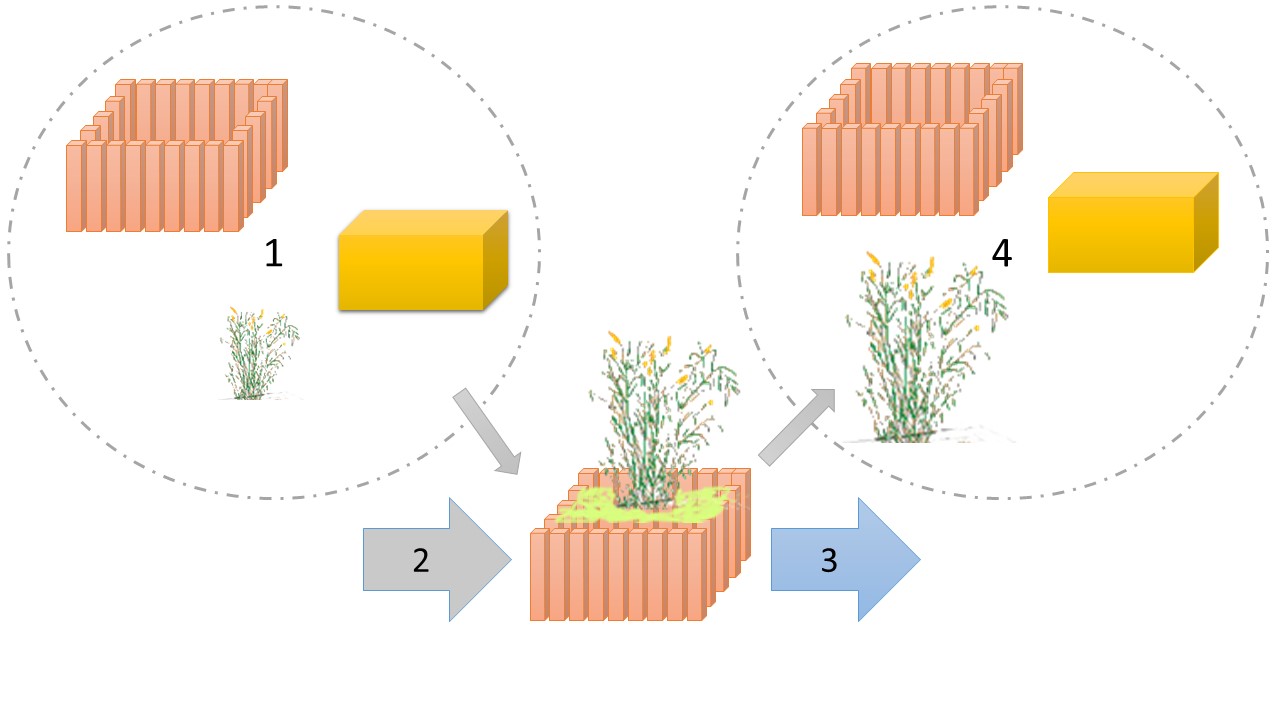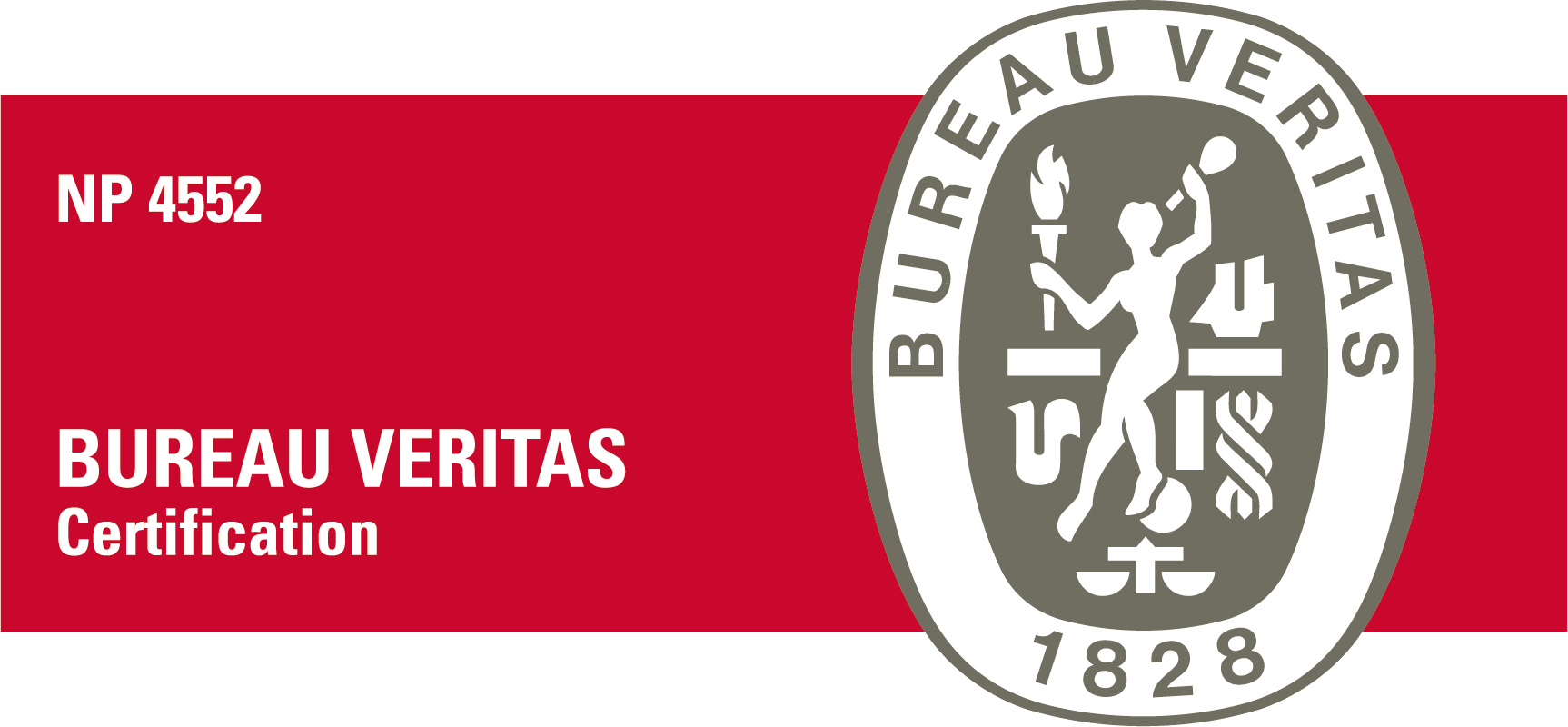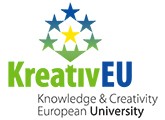BIOTEC.IPT - Bioenergy and Applied Biotechnology Lab
VALORBIO - R&D Details
Projet Title: VALORBIO
Projet Code: 023314 (AAC 02/SAICT/2016)
Main Goal: To promote a better use of natural resources and contribute to environment protection
Region: Centre of Portugal and Alentejo Region
Partners: Instituto Politécnico de Tomar; Instituto Politécnico de Coimbra; Instituto Politécnico de Portalegre; Palser – Bioenergia e Paletes, Lda.
Date of Approval: 2017-04-26
Start Date: 2017-07-17
End Date: 2019-01-16
Total Approved Expenditure: 147.524,59 EUR
Financial support from the European Union: FEDER 124.895,90 EUR
National/regional public financial support: 0,00 EUR
Objetivos, atividades e resultados esperados/atingidos:
The VALORBIO project, “Wastes valorisation through modular constructed wetlands for wastewater treatment”, was co-financed by FEDER funds (POCI-01-0145-FEDER-23314) and by the four co-promotors. The applied practical work was developed using resources from the four institutions:
- INSTITUTO POLITÉCNICO DE TOMAR (IPT);
- INSTITUTO POLITÉCNICO DE COIMBRA (IPC);
- INSTITUTO POLITÉCNICO DE PORTALEGRE (IPP);
- PALSER – BIOENERGIA E PALETES, Lda.
The project was developed over a period of 18 months, between July 2017 and January 2019, and aimed to improve the design, operation and sustainability of Constructed Wetlands (CWs). The CW consists in biological and eco-efficient systems for the treatment of wastewater.
The project had four main objectives which were fully achieved:
- Design, build and test a system of modular CWs using forest raw materials for the structure to increase the sustainability of the CWs, reduce their impact on ecosystems and enable the valorisation of the end-of-life structures;
- Testing residual materials and by-products generated in the region as a filler for the modular CWs (for example rock fragments and other materials used in construction, coal slags from power plants, waste from forestry activities, agriculture and agri-food industries, among other solid residues);
- Evaluating the quality of the wastewater after treatment by the CWs and to define the conditions in which the water can be reused or valorised, reducing water consumption and protecting fresh water resources (for example for irrigation, for floor and industrial equipment washing, or for algae production);
- To evaluate the potential and the conditions of valorisation of the vegetal biomass produced in the ZHCs (resulting from the regular pruning of the emergent parts of the macrophytes), namely as a source of renewable energy.
The Figure below presents the relationship between the main goals of the VALORBIO project:
- The modular CWs consist in a wood structure filled with solid waste and planted with macrophyte plants;
- The modular CWs can be designed to treat different types of wastewaters;
- The treated wastewater can be valorised for irrigation, washing or algae cultivation;
- The macrophyte biomass can be valorised for bioenergy and biorefinery applications; the end-of-life wood structures and the solid filler can also be valued.
The project objectives fits the paradigms of Circular Economy, Bioeconomy and Sustainability, and explores and develops the concept of "Waste to Treat Waste".
The demonstration of the functionality of the modular CWs filled with waste materials and the potential to value the treated water and the vegetal biomass produced contributes to nine of the 17 Sustainable Development Goals proposed by the UN:
- Clean Water and Sanitation;
- Affordable and Clean Energy;
- Industry, Innovation and Infrastructure;
- Sustainable Cities and Communities;
- Responsible Production and Consumption;
- Climate Action;
- Life Below Water;
- Life On Land;
- Partnerships for the Goals.
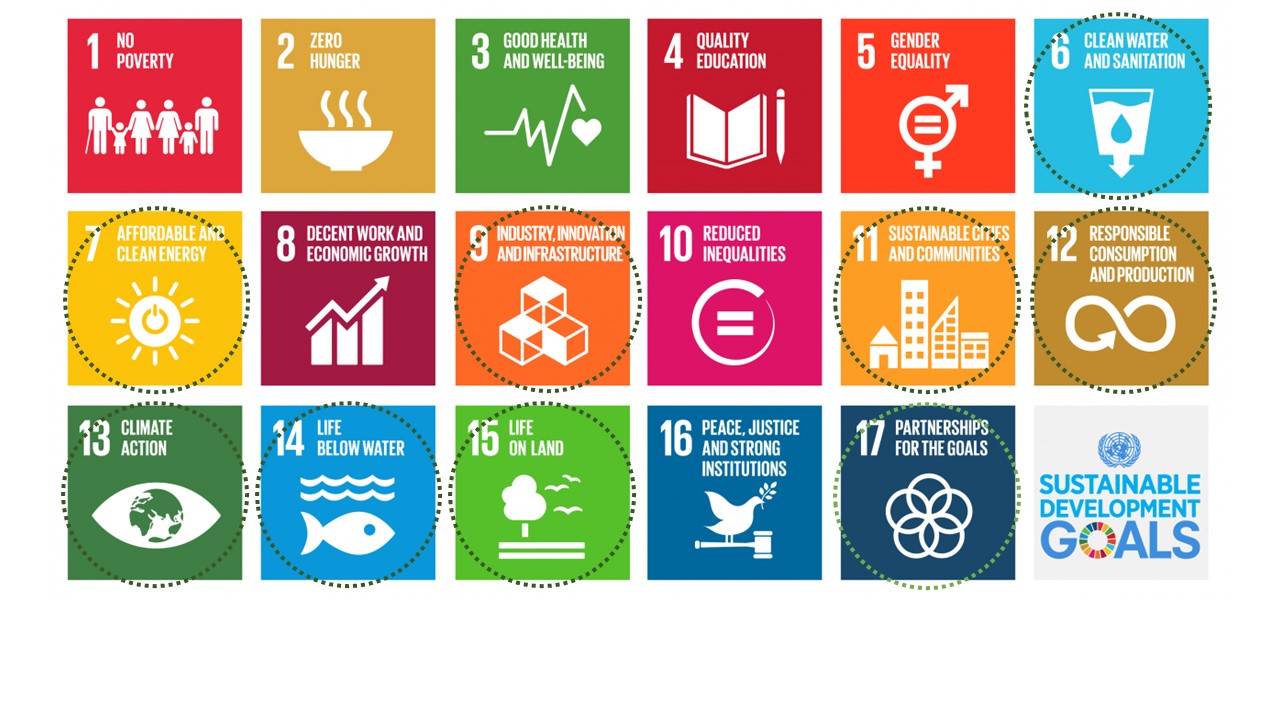
- Food security, sustainable agriculture and forestry, marine and maritime and inland water research, and Bioeconomy;
- Secure, clean and efficient energy;
- Climate action, environment, resource efficiency and raw materials.
The project also falls into seven of the Priority Domains of Smart Specialization:
- Agri-food;
- Water and Environment;
- Energy;
- Forest;
- Materials and Raw-materials;
- Production Technologies and Process Industries;
- Production Technologies and Product Industries.
Eligible budget: 136 069,52 €



